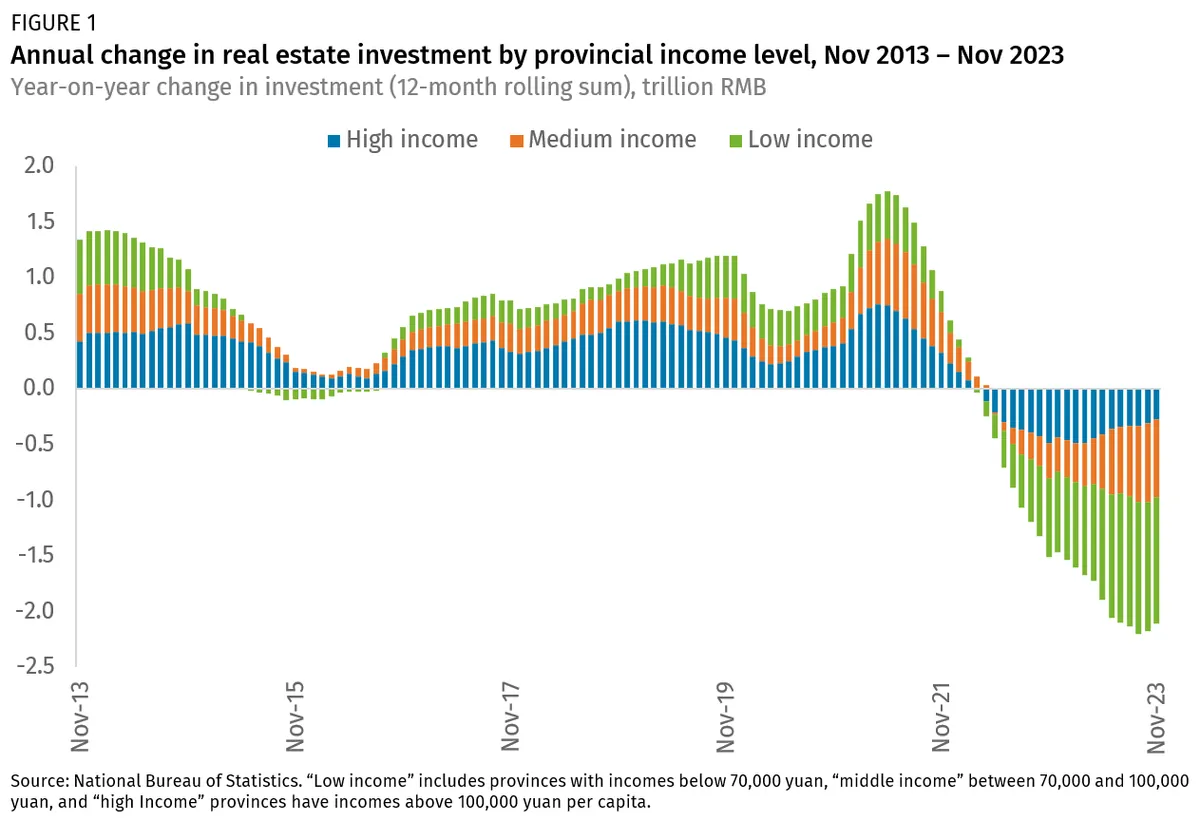China Tightens Statistics Law to Combat Economic Data Fraud
China's top legislature approves amended statistics law to fight data fraud and improve economic reporting reliability. Move aims to address longstanding skepticism about Chinese economic figures.

China's top legislative body, the Standing Committee of the National People's Congress, has approved an amended statistics law, as reported by the official Xinhua news agency on September 13, 2024. This legislative update marks a significant step in China's efforts to address persistent concerns about the reliability of its economic data.
The amended law aims to strengthen measures against statistical fraud and increase penalties for officials who falsify economic information. This move comes in response to ongoing skepticism about the accuracy of data from the world's second-largest economy.
"In recent years, statistical fraud and deception continue despite repeated sanctions, seriously damaging the authenticity and accuracy of statistical data. The public has strongly reflected on this and it has become one of the prominent problems that urgently need to be solved in statistical work."
This statement underscores the gravity of the issue and the government's recognition of public concern regarding data integrity. The amendment is expected to enhance the credibility of China's economic reporting, which is crucial for both domestic policy-making and international investor confidence.

The reliability of China's economic figures has long been a subject of debate among international analysts. This skepticism has intensified as the country navigates a period of economic slowdown, with observers questioning whether official statistics accurately reflect the true state of the economy.
China's transition from a planned economy to a market-based system since the late 1970s has presented challenges in data collection and reporting. The country's National Bureau of Statistics has worked to align its methods with international standards, but instances of local officials inflating figures to meet provincial GDP targets have persisted.
To address these issues, the Chinese government has repeatedly pledged to investigate and penalize officials involved in data manipulation. This latest legislative amendment represents a concrete step towards fulfilling those commitments and improving the overall quality of economic statistics.
The importance of accurate economic data extends beyond China's borders, given its significant role in the global economy. As the country continues to integrate with international markets, the credibility of its economic reporting becomes increasingly vital for global economic stability and informed decision-making by investors and policymakers worldwide.


































